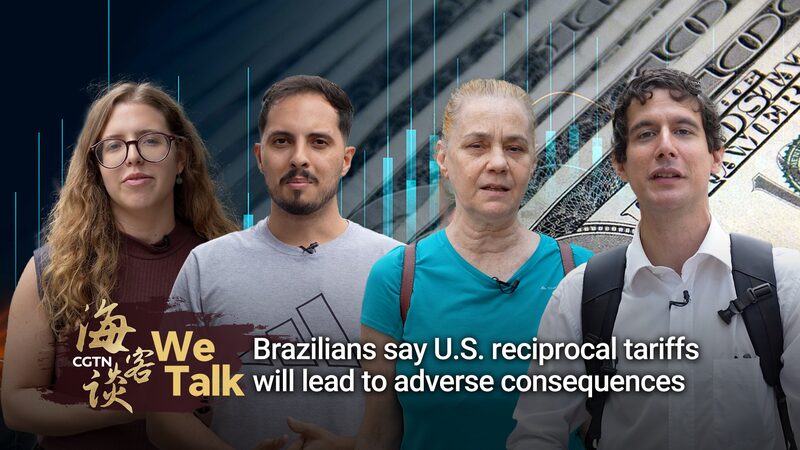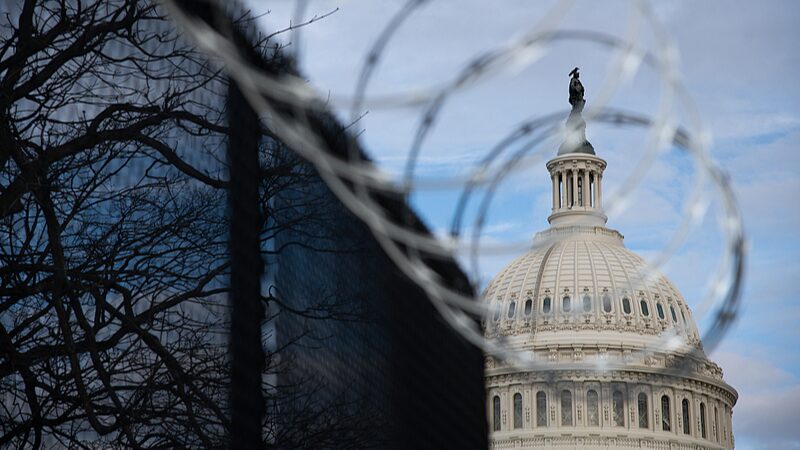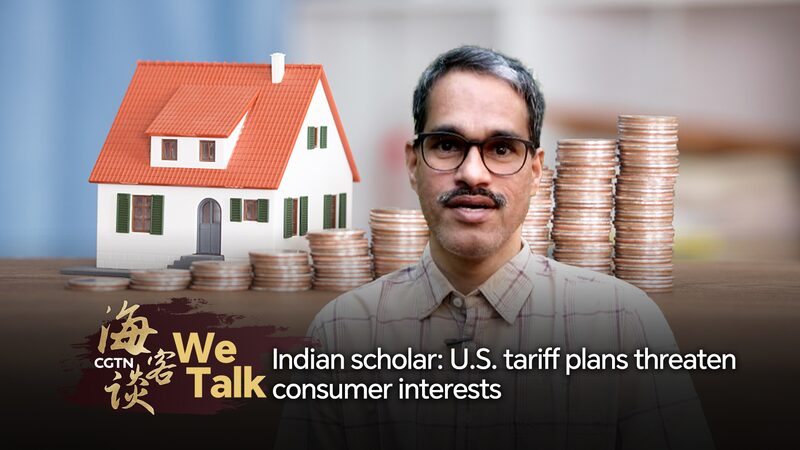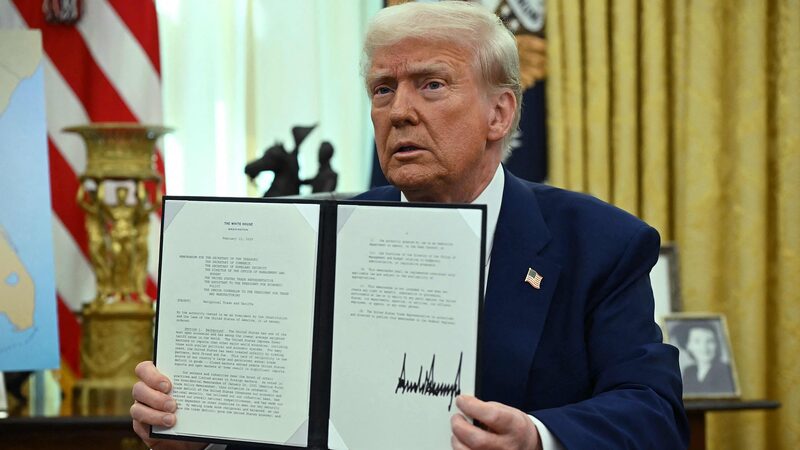On February 13, 2025, U.S. President Donald Trump signed an executive memorandum titled \"Reciprocal Trade and Tariffs,\" introducing tariffs on imports at the same level as its trading partners impose on American goods.
Responding to the new policy, Brazilian citizens across various industries have expressed concerns over potential economic repercussions. Entrepreneur Alderir Gutierres highlighted the consumer impact, stating, \"For the consumer, the impact is huge. Things will become more expensive, countries will become disorganized, and consumption will have a huge impact on inflation. Not only in Brazil but throughout the world.\"
Bodywork therapist Eni Ribeiro echoed these sentiments, adding, \"If it starts with the United States imposing a tariff and another country doing the same, which would be the so-called reciprocal tariff, everything ends up being much more expensive. Eventually, there will be a decrease in consumption due to the increase in costs, which will lead to a larger problem, in addition to the economic issue itself.\"
The reciprocal tariffs are expected to affect various sectors in Brazil, potentially leading to higher prices for consumers and increased operational costs for businesses. As global trade tensions rise, the Brazilian economy may face significant challenges in maintaining stability and growth.
Reference(s):
Brazilians say U.S. tariff plans will lead to adverse consequences
cgtn.com








